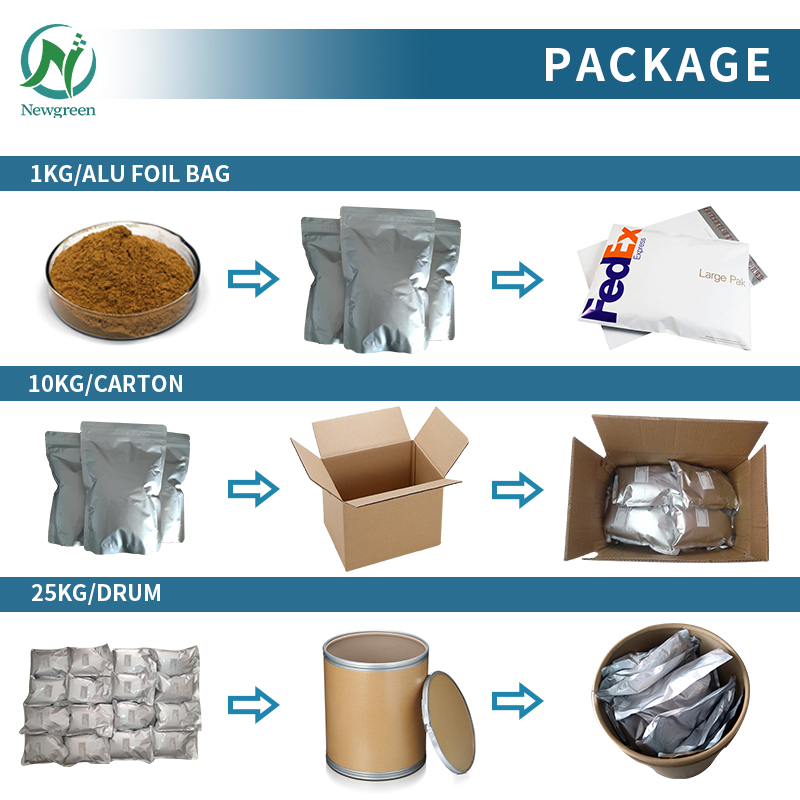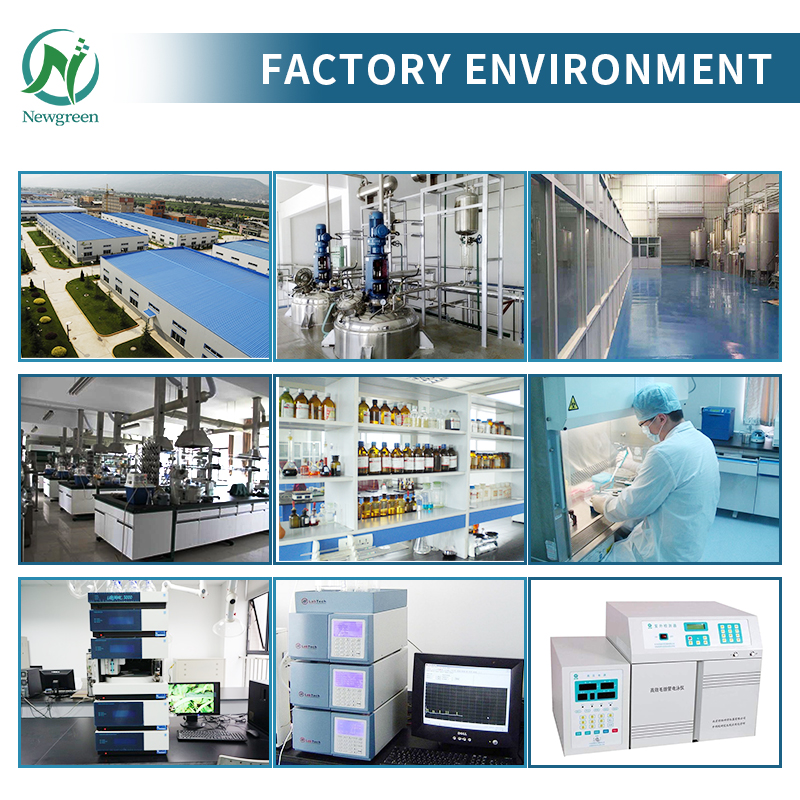Xylanase XYS type Manufacturer Newgreen Xylanase XYS type Supplement

Product Description
Xylan is the main component of wood fiber and non-wood fiber. During the pulping process, xylan partially dissolves, denatures and redeposits on the fiber surface. The use of xylanase in this process can remove some of the redeposited xylans. This enlarges the matrix pores, releases trapped soluble lignin, and allows the chemical bleach to penetrate into the pulp more efficiently. In general, it can improve the bleaching rate of the pulp and therefore reduce the amount of chemical bleach. The xylanase operated by Weifang Yului Trading Co., Ltd. is a specific enzyme that degrades xylan, which only degrades xylan but cannot decompose cellulose. Xylanase is formed by the interaction of different microorganisms, and can be used in a certain pH and temperature range to obtain the best results. AU-PE89 was developed using bacteria specific to the paper industry and is particularly suitable for the high temperature and alkaline pH environment of kraft pulp.
COA
| Items | Specifications | Results |
| Appearance | Light Yellow Powder | Light Yellow Powder |
| Assay | ≥ 20,000 u/g | Pass |
| Odor | None | None |
| Loose Density(g/ml) | ≥0.2 | 0.26 |
| Loss on Drying | ≤8.0% | 4.51% |
| Residue on Ignition | ≤2.0% | 0.32% |
| PH | 5.0-7.5 | 6.3 |
| Average molecular weight | <1000 | 890 |
| Heavy Metals(Pb) | ≤1PPM | Pass |
| As | ≤0.5PPM | Pass |
| Hg | ≤1PPM | Pass |
| Bacterial Count | ≤1000cfu/g | Pass |
| Colon Bacillus | ≤30MPN/100g | Pass |
| Yeast & Mold | ≤50cfu/g | Pass |
| Pathogenic Bacteria | Negative | Negative |
| Conclusion | Conform with specification | |
| Shelf life | 2 years when properly stored | |
Function
1. Improved Digestibility: Xylanase helps break down xylan in plant material, making it easier for organisms to digest and absorb nutrients from the food they consume.
2. Increased Nutrient Availability: By breaking down xylan into sugars such as xylose, xylanase helps release more nutrients from plant cell walls, making them more available for absorption.
3. Enhanced Animal Feed Efficiency: Xylanase is commonly used in animal feed to improve digestion and nutrient utilization, leading to better feed efficiency and growth performance in livestock.
4. Reduced Anti-Nutritional Factors: Xylanase can help degrade anti-nutritional factors present in plant material, reducing their negative effects on animal health and performance.
5. Environmental Benefits: The use of xylanase in industrial processes, such as biofuel production, can help reduce the environmental impact of waste disposal and improve overall sustainability.
Application
Xylanase can be used in brewing and feed industry. Xylanase can decompose the cell wall and beta-glucan of raw materials in brewing or feed industry, reduce the viscosity of brewing materials, promote the release of effective substances, and reduce non-starch polysaccharides in feed grains, promote the absorption and utilization of nutrients, and thus make it easier to obtain soluble lipid components. xylanase (xylanase) refers to the degradation of xylan into low
Package & Delivery



















